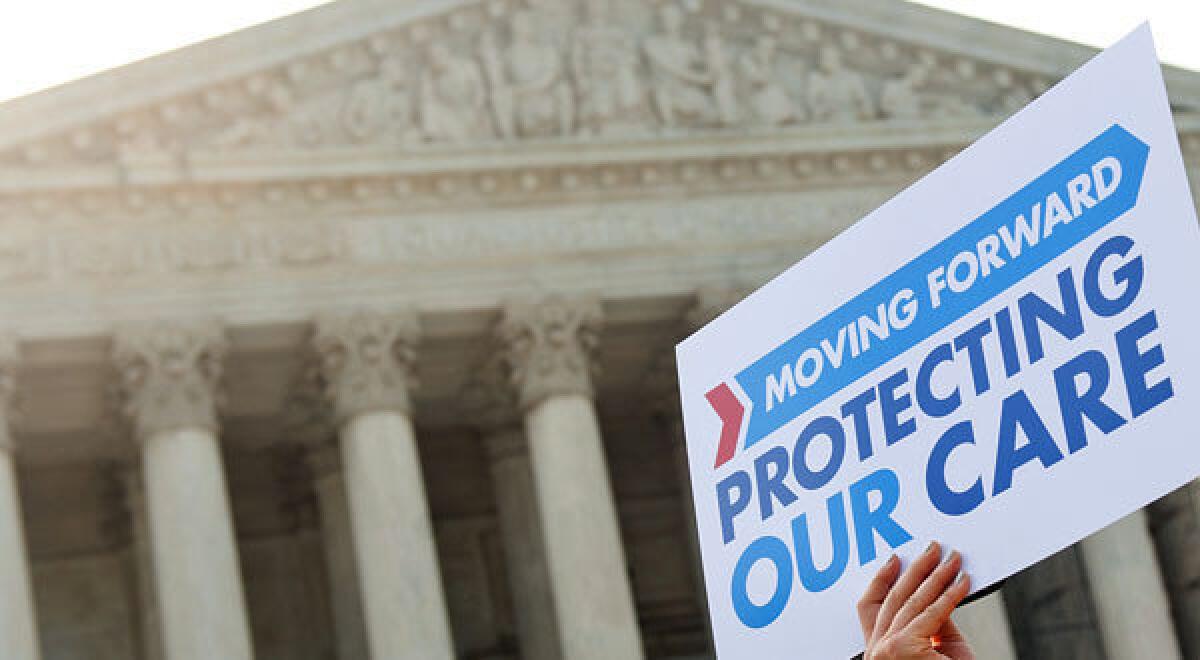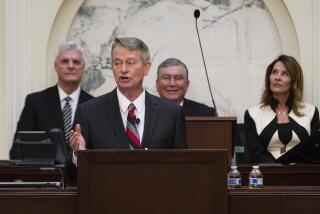Liberty University allowed to argue claims against healthcare law

WASHINGTON — The Supreme Court rectified an oversight Monday and gave a Baptist university in Virginia a chance to argue in a lower court two claims that were not considered in June when the justices upheld President Obama’s healthcare law.
Lawyers for Liberty University say it is unconstitutional for the government to require large employers to provide health insurance to their full-time workers or pay a tax.
No one has seriously disputed that the federal government has broad power to regulate employers, and the justices did not even consider this claim earlier this year. Instead, the justices debated whether Congress could require an individual to buy insurance or pay a tax, the so-called individual mandate. The court upheld that requirement in a 5-4 decision.
Liberty’s lawyers also say the “forced funding of abortion” under the federal law violates the school’s right to religious liberty. Administration officials say the law does not require funding of abortions, and district judges have rejected the claim.
Nonetheless, since Liberty University’s claims had not been heard or decided, the justices issued a one-paragraph order allowing the university to raise these claims before the 4th Circuit Court of Appeals in Richmond, Va.
Last month, the Obama administration told the justices it had no objection to such an order.
In late June, after upholding the healthcare law in a case called National Federation of Independent Business vs. Sebelius, the justices turned down a series of appeals that had challenged the law as unconstitutional. Liberty University’s case was among them.
But Liberty’s lawyers asked to have their appeal revived, since their claims had not been heard.
The high court’s order does not suggest, however, that the justices are reconsidering the issue.
Mathew Staver, dean of Liberty University’s law school, said the order “breathes new life into our challenge to ObamaCare. Our fight ... is far from over.”
But many legal experts doubt the new challenge will go far.
“It’s a frivolous argument. Congress had regulated wages and benefits issues under the Commerce Clause for decades,” said Timothy Jost, a health law expert at Washington and Lee University in Virginia.
Employers with more than 50 full-time employees will be required, starting in 2014, to offer health insurance that meets new minimum standards of coverage. Employers who fail to do so could be subject to a tax penalty.
ALSO:
Bounce house injuries rocket; child hurt every 46 minutes
Powerball’s $425-million jackpot already has a winner: States
Supreme Court rejects appeal claiming right to insanity defense
More to Read
Start your day right
Sign up for Essential California for news, features and recommendations from the L.A. Times and beyond in your inbox six days a week.
You may occasionally receive promotional content from the Los Angeles Times.







